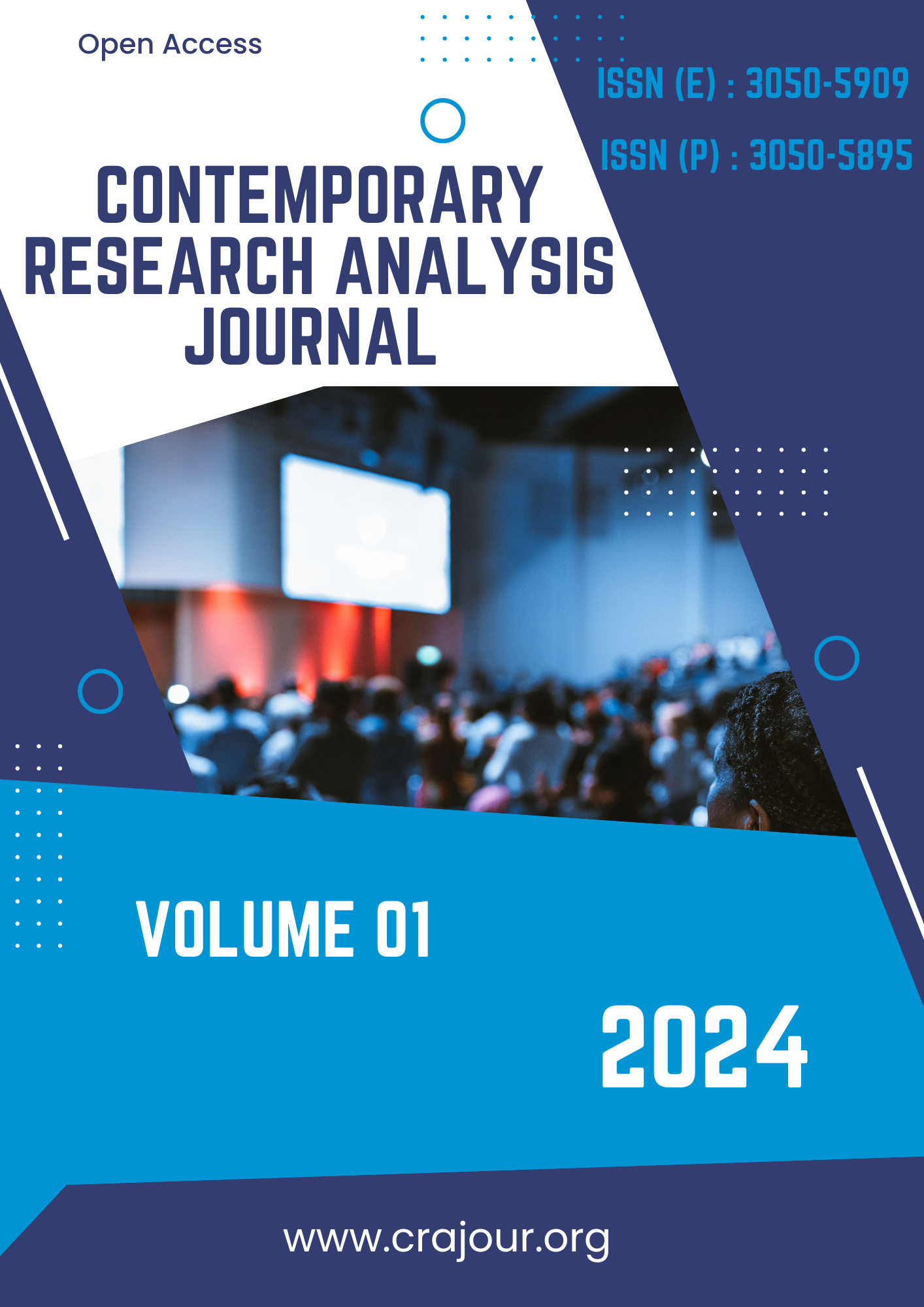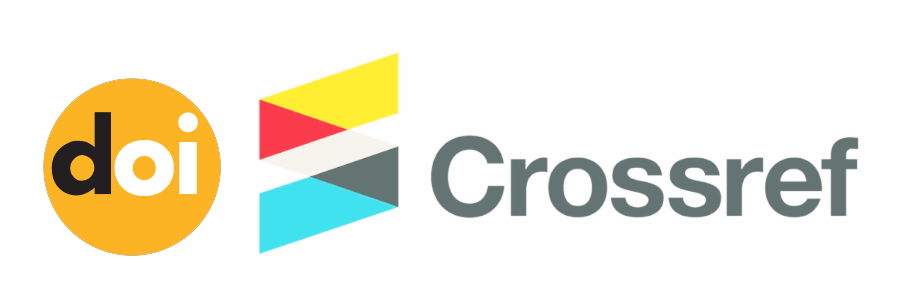The Role of Formative Assessment in Enhancing Biology Learning: Evidence from Secondary Schools in Dar es Salaam City Council, Tanzania
DOI:
https://doi.org/10.55677/CRAJ/03-2024-Vol01I6Keywords:
Formative Assessment, Biology Learning, Secondary Schools, Diagnostic Assessment, Tanzania.Abstract
This study investigates the role of formative assessment in enhancing student learning outcomes in Biology, focusing on selected secondary schools in Dar es Salaam City Council, Tanzania. Drawing on Constructivist Theory and the self-regulated learning framework, the study employed a mixed-methods approach with a descriptive design. Data were collected from 156 participants, including teachers, students, and head teachers, using structured questionnaires, interviews, and classroom observations. Regression analysis revealed that teacher-student oral discussions were a significant predictor of student performance (β=0.67,p<0.01\beta = 0.67, p < 0.01β=0.67,p<0.01), demonstrating their critical role in fostering conceptual understanding and critical thinking. Teacher observations and group projects also emerged as effective formative practices, enabling the identification of learning gaps and fostering collaborative problem-solving skills. Despite these benefits, the study identified systemic barriers, including large class sizes, inadequate teacher training, and resource constraints, which hinder the widespread implementation of formative assessment. These findings emphasize the need for systemic reforms, including professional development for teachers, curriculum integration of formative practices, and resource allocation to support interactive and feedback-driven learning. The study concludes that formative assessment significantly enhances Biology learning outcomes and provides actionable recommendations to address the structural challenges limiting its adoption in Tanzanian secondary schools.
References
Andrade, H. L. (2010). Students as the definitive source of formative assessment: Academic self-assessment and the self-regulation of learning. Theory into Practice, 48(1), 12–20. https://doi.org/10.1080/00405840802577544
Adongo, J., Ogola, F., & Mukami, S. (2020). Group projects as a formative assessment tool in improving Biology learning outcomes: A case study of Kenyan secondary schools. African Journal of Science Education, 8(2), 45–61.
Black, P., & Wiliam, D. (2009). Developing the theory of formative assessment. Educational Assessment, Evaluation and Accountability, 21(1), 5–31. https://doi.org/10.1007/s11092-008-9068-5
Brink, J., & Bartz, J. (2017). Effective formative assessment strategies: Improving student performance in science education. Journal of Educational Research, 110(3), 45–60. https://doi.org/10.1080/00220671.2015.1105891
Hattie, J., & Timperley, H. (2007). The power of feedback. Review of Educational Research, 77(1), 81–112. https://doi.org/10.3102/003465430298487
Ndalichako, J. L. (2017). Examining classroom assessment practices of secondary school teachers in Tanzania. NECTA Reports.
Osaki, K. M. (2004). Science education in Tanzania: An analysis of policies and practices. Tanzania Education Review Journal, 15(3), 22–38.
Piaget, J. (1952). The origins of intelligence in children. International Universities Press.
Sadler, D. R. (2013). Formative assessment and the design of instructional systems. Instructional Science, 18(2), 119–144. https://doi.org/10.1007/BF00117714
Senjiro, U., & Lupeja, T. (2023). The influence of formative assessment practices in promoting 21st-century skills. International Journal of Educational Studies, 12(1), 45–61.
Shabani, K., Khatib, M., & Ebadi, S. (2010). Vygotsky’s Zone of Proximal Development: Instructional implications and teachers’ professional development. English Language Teaching, 3(4), 237–248. https://doi.org/10.5539/elt.v3n4p237
Vygotsky, L. S. (1978). Mind in society: The development of higher psychological processes. Harvard University Press.
Xiao, Y., & Yang, M. (2019). Formative assessment and self-regulated learning: Evidence from Chinese secondary schools. Educational Technology and Applied Linguistics, 81, 39–49. https://doi.org/10.1016/j.edutech.2019.07.004
Zimmerman, B. J. (2002). Becoming a self-regulated learner: An overview. Theory Into Practice, 41(2), 64–70. https://doi.org/10.1207/s15430421tip4102_2
Adoyo, P. O. (2007). Educating deaf children in an inclusive setting in Kenya: Challenges and considerations. Electronic Journal for Inclusive Education, 2(2), 1–14.
Garcia, E., Moreno-Morilla, A., & Cavazos-Ruiz, R. (2022). Enhancing student engagement through extracurricular activities: Evidence from Mexican schools. International Journal of Educational Development, 90, 102606. https://doi.org/10.1016/j.ijedudev.2022.102606
UNESCO. (2016). Education for all: Global monitoring report 2015. United Nations Educational, Scientific and Cultural Organization. Retrieved from https://unesdoc.unesco.org/
Wunsch, J. S. (2021). Decentralization and governance challenges in Sub-Saharan Africa: Insights from education. Public Administration and Development, 41(1), 32–45. https://doi.org/10.1002/pad.1906
Shukia, N. R. (2020). Hidden costs of education: The overlooked challenges of Tanzania’s fee-free policy. Tanzanian Journal of Development Studies, 18(3), 48–61.
Hattie, J. (2012). Visible learning for teachers: Maximizing impact on learning. Routledge.
Haruni, G., & Mafwimbo, A. (2020). Addressing absenteeism in Tanzanian secondary schools: A case of the Dar es Salaam region. Tanzanian Journal of Educational Studies, 12(3), 45–60.
Senkoro, F. S. (2020). Exploring the role of parental involvement in primary education under Tanzania’s fee-free education policy. Tanzania Educational Review Journal, 13(1), 32–48.
World Health Organization (WHO). (2021). Deafness and hearing loss fact sheet. Retrieved from
https://www.who.int/news-room/fact-sheets/detail/deafness-and-hearing-loss
James, M., Davies, T., & Woods, A. (2021). The role of community partnerships in reducing truancy: Insights from the UK. Educational Management Administration & Leadership, 49(4), 593–609.
Downloads
Published
Issue
Section
License
Copyright (c) 2024 Contemporary Research Analysis Journal

This work is licensed under a Creative Commons Attribution 4.0 International License.



